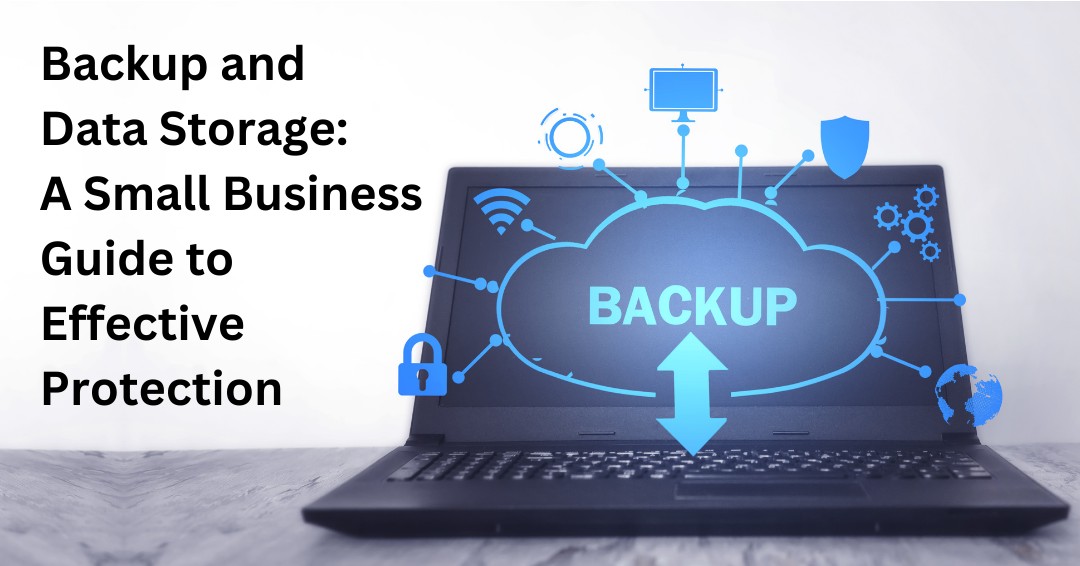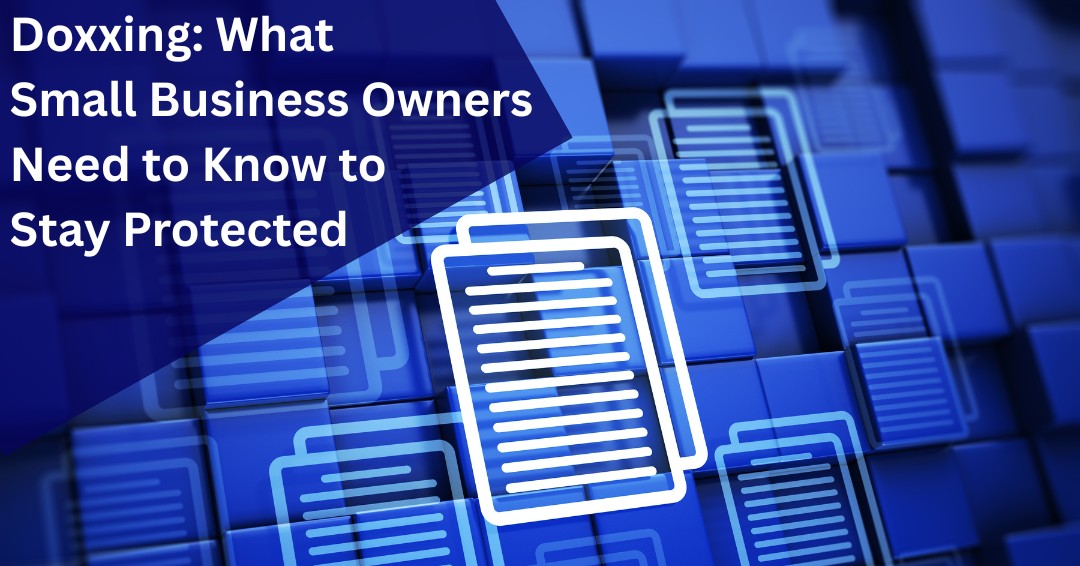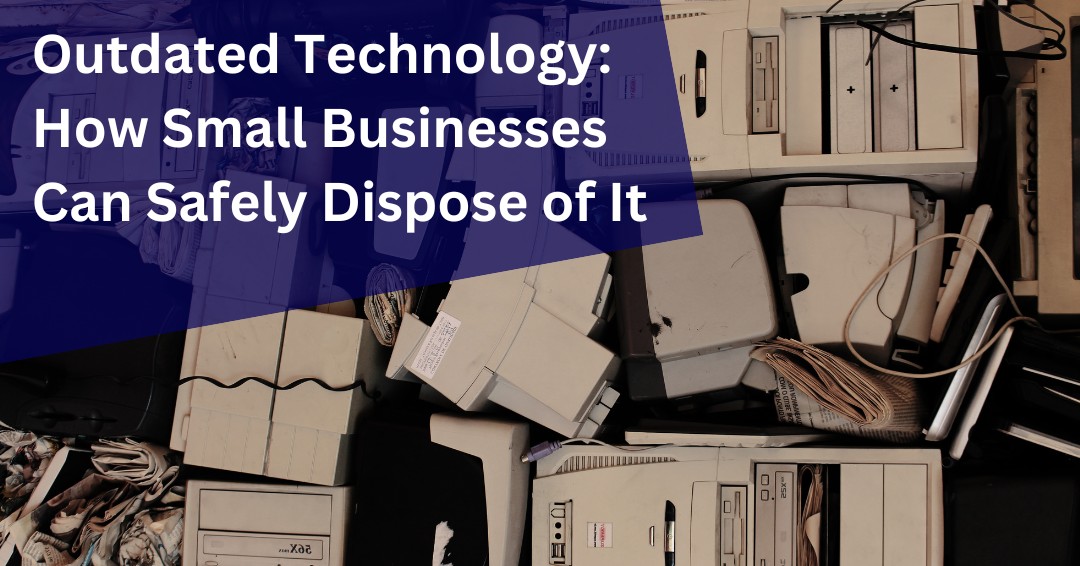Introduction
In today’s digital world, backup and data storage are essential for small business owners. From client records and financial documents to project files and operational data, losing critical information can be catastrophic. A cyberattack, hardware failure, or even a natural disaster could wipe out years of hard work in an instant. That’s why having an automated backup system and a solid recovery plan isn’t just a luxury it’s a necessity for protecting your business.
When an unexpected crisis strikes, you don’t have time to scramble for solutions. You need a reliable backup and data storage system in place that ensures your business can continue running smoothly, no matter what happens.
Why Secure Backup and Data Storage Matters for Small Businesses
Imagine this: You’ve been working on a major project for weeks, only to wake up one morning to find your computer locked by ransomware. The hackers demand payment to restore access to your files. Do you pay the ransom and hope they hold up their end of the deal? Or do you simply restore your data from a secure backup and continue business as usual?
Having a dependable backup and data storage strategy means you don’t have to negotiate with cybercriminals. But cyberattacks aren’t the only threat. What if a fire, flood, or break-in destroys your office and all the data stored on your local devices? If your backups are kept in the same location, you could lose everything.
This is why small businesses need to think beyond just storing files on a single device or server. A comprehensive backup and data storage strategy protects your business from cyber threats, human error, and physical damage, ensuring that your data is always recoverable.
Choosing the Right Backup and Data Storage Solution
Every small business is different, so your backup and data storage solution should fit your specific needs and budget. Here are the three main options:
- Cloud-Based Backups: Cloud storage offers remote accessibility, automatic updates, and protection from local disasters. However, relying solely on the cloud can be risky if internet access is disrupted.
- Local Backups (External Hard Drives, NAS, or Servers): Storing data locally gives you quick access to your files without needing an internet connection. The downside? A physical disaster could wipe out both your working files and your backup copies.
- Hybrid Approach (Best Option for Small Businesses): Using both cloud and local backup and data storage creates redundancy, ensuring you always have access to your data even if one system fails.
Once you’ve chosen a backup method, set up a schedule that ensures your data is backed up frequently enough to minimize potential loss. For some businesses, daily backups are a must; for others, weekly or monthly backups may suffice. The key is consistency.
The Power of Automated Backup and Data Storage
Small business owners wear many hats, and manually backing up data often falls to the bottom of the to-do list. That’s why automation is so important.
An automated backup and data storage system runs in the background, ensuring that all critical files are consistently saved without you having to think about it. It’s like setting your accounting software to auto-save financial records you wouldn’t want to risk losing important numbers, so why risk losing essential business data?
Automated backups protect against human error, power failures, ransomware attacks, and accidental deletions. With the right system in place, you can focus on growing your business instead of worrying about data loss.
How to Set Up Automated Backup and Data Storage
Once you’ve selected a backup solution, the next step is to configure it properly:
- Choose What to Back Up: Identify mission-critical files such as client records, invoices, contracts, and project files.
- Set a Backup Schedule: Decide how frequently backups should run daily, weekly, or in real-time.
- Enable Notifications: Set up alerts to monitor backup success and failure so you’re always aware of potential issues.
- Test Your Backups Regularly: Restoring a few files periodically ensures that your system is working properly when you need it most.
Developing a Robust Data Recovery Plan
A strong backup and data storage system is only part of the equation. If disaster strikes, you need a clear recovery plan to get your business back up and running quickly.
Your recovery plan should include:
- A step-by-step process for data restoration to minimize downtime.
- A prioritized list of critical files that need to be restored first.
- Key contacts and IT support personnel who can assist in recovery efforts.
- Offsite and cloud backup access information to retrieve files quickly.
Redundancy is also critical. Storing multiple copies of your backups in different locations such as a secure offsite location and a cloud server—ensures you have options if one backup system fails.
Your recovery plan should be a living document. As your business grows and technology evolves, update your plan to reflect new priorities and risks. Regular testing and simulated recovery drills help ensure you’re always prepared.
Best Practices for Backup and Data Storage
To ensure maximum protection for your business, follow these best practices:
- Use Encryption: Secure your backups to prevent unauthorized access.
- Keep Software Updated: Ensure your backup and data storage systems and cybersecurity software are always up to date.
- Monitor Backup Logs: Regularly review backup activity to catch any signs of failure or tampering.
- Educate Your Team: Train employees on backup policies and recovery procedures to minimize errors.
Conclusion
Protecting your small business’s data is not just a technical task it’s a crucial strategy for long-term success. Implementing automated backup and data storage along with a solid recovery plan can mean the difference between a minor setback and a devastating loss.
By proactively securing your backup and data storage against cyber threats, hardware failures, and natural disasters, you’re not just protecting files you’re safeguarding the future of your business. Take action today to ensure that no matter what happens, your data and your business—remain secure.













